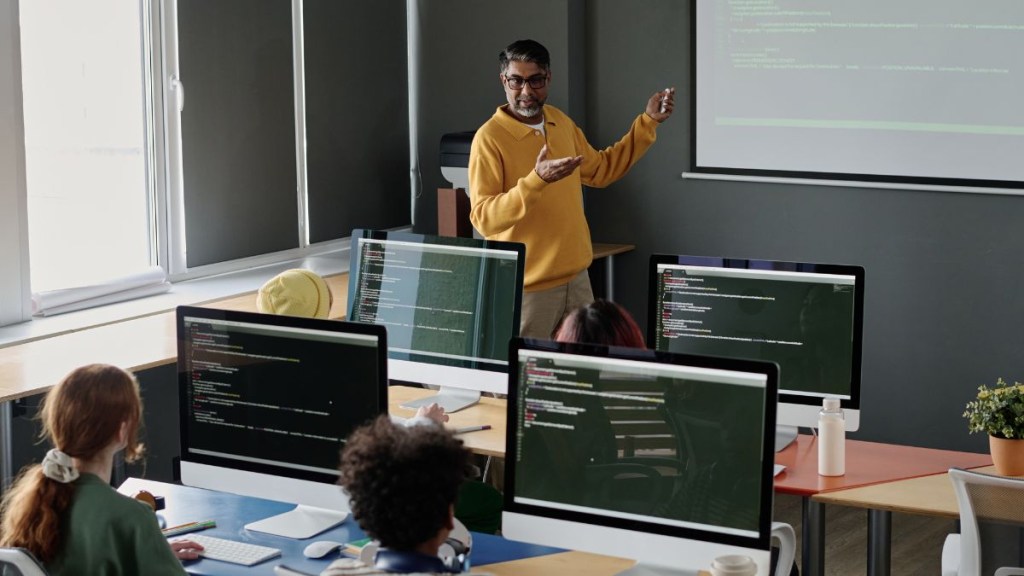The world’s premier college-level programming showdown, the International Collegiate Programming Contest (ICPC) 2025, has just concluded, delivering surprises that challenge traditional perceptions of computer science education. The competition was held in Azerbaijan capital city Baku. India’s performance in the competition was a forgettable one. Premier Engineering institutions did not feature even in the top 50 list. This performance from the Indian Institute of Technology’s and the National Institute of Technology is pretty disappointing, since India aims to train software engineers who compete with the world. The Highest rank achieved by an Indian educational institution is 60, achieved by the Indian Institute of Mathematical Sciences, Chennai.
The biggest international college competitive coding contest, ICPC 2025, just ended. Russia was #1. Japan and Russia got Golds.
— Deedy (@deedydas) September 5, 2025
Only 6 US unis made the top 25. China also had 6. No Stanford in top 250.
CS isn't just competitive programming, but you wouldn't expect these results… pic.twitter.com/9tqOSBjiNX
Who claimed the Top spot?
This year, Russia reclaimed its dominance in the field, with its teams not only clinching the #1 position globally but also sharing the highest honors with Japan, as both nations secured coveted Gold medals. Their consistent performance underscores how deeply ingrained competitive programming has become within their academic culture.
What did US institutions achieve?
By contrast, the United States struggled to make a mark. Out of the top 25 global universities, only six were American institutions. Equally noteworthy, China also placed six teams in the same elite bracket, matching the U.S. in representation. Perhaps the most striking result: Stanford University, long a symbol of American computer science prestige, did not even feature in the top 250.
The ICPC results draw attention to a fascinating paradox. In widely circulated global CS rankings, U.S. universities—Stanford, MIT, Carnegie Mellon—are often celebrated as the pinnacle of computer science education. Yet when it comes to “algorithmic problem-solving under pressure”, the scoreboard tells a different story. Russia, Japan, and China have built “training ecosystems” that prize speed, mathematical rigor, and teamwork—traits uniquely suited for ICPC success.
The 2025 edition makes one thing clear: global centers of coding excellence are not always where you’d expect. If CS rankings were based on competitive programming results, the U.S. would be far from the top tier. For students, educators, and employers, the takeaway is both humbling and inspiring: world-class talent is distributed widely, and the future of computing will not be written by one country alone.
About the ICPC
The International Collegiate Programming Contest (ICPC) is a global algorithmic programming competition for university students. Teams of three collaborate to solve complex, real-world problems under time constraints, testing their creativity, teamwork, and problem-solving skills. The contest fosters innovation and excellence in computer science through intense, high-level competition.
History
The ICPC began in 1970 as a local initiative in North America. In 1977, it held its first championship round and has since evolved into a global, multi-tier competition. Today, ICPC spans local and regional contests worldwide, culminating in the annual ICPC World Finals under the auspices of the ICPC Foundation.
Competition Goals
The contest promotes excellence in algorithmic thinking, programming, and teamwork by challenging students to solve real-world problems under pressure. It fosters collaboration between academia and industry while spotlighting the next generation of computing professionals through global competitions that drive innovation and growth.
Evolution and Structure
Evolving from local contests to a globally structured championship, ICPC operates through a multi-tier format governed by official policies and ethical standards. Teams qualify through regional contests and advance to the World Finals under standardized computing environments, ensuring fairness and academic integrity.








